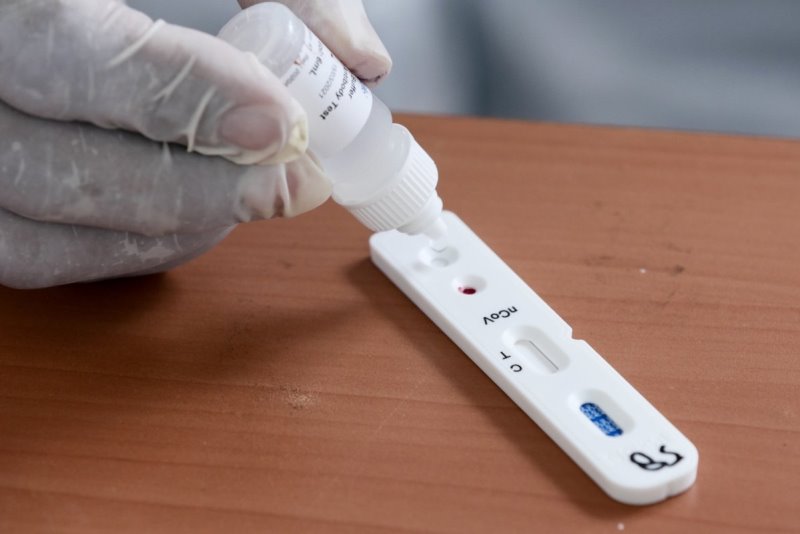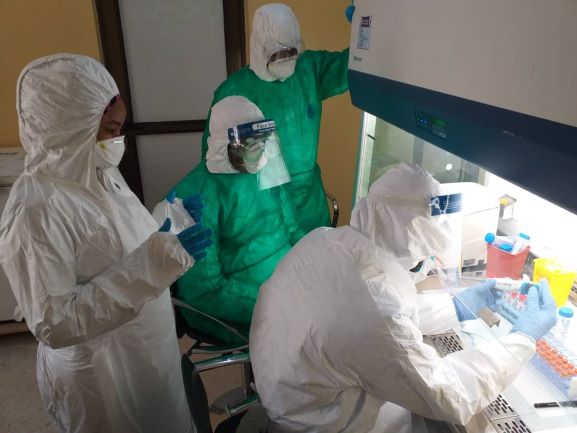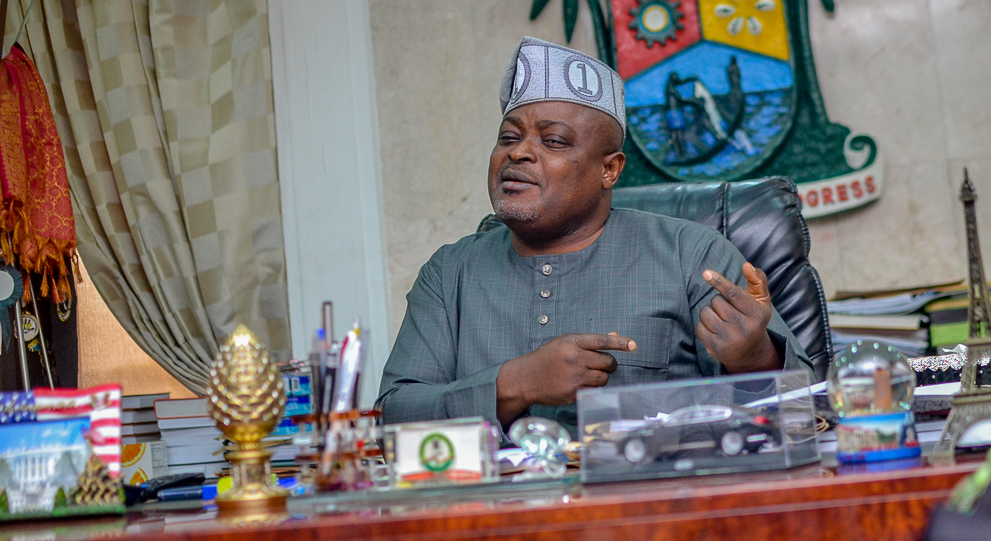The federal government says it will soon introduce two new antigen rapid diagnostic test (Ag RDT) kits for detecting coronavirus infections.
Chikwe Ihekweazu, director-general of the Nigeria Centre for Disease Control (NCDC), disclosed this at a media briefing organised by the presidential task force (PTF) on COVID-19 in Abuja, on Thursday.
The two new Ag RDT kits, developed by Abbot and SD Biosensor, were given emergency approval by the World Health Organisation (WHO) in September 2020.
The organisation said the test kits were specifically developed for low and middle-income countries.
Advertisement
The Ag RDT is to enable “countries to increase the pace of tracing and treating people for COVID-19 at the point of care, particularly in countries that do not have extension laboratory facilities or trained health workers to implement molecular (PCR) tests” and areas “with under-resourced health systems,” WHO had said.
According to Ihekweazu, the kits will be beneficial in terms of faster turnaround time, and also boost the country’s testing capacity.
“They do have limitations, but they also have their benefits in terms of a shorter turnaround time and opportunity for both (Ag RDT kits) to quickly refer the patients for treatment when there is a positive case and for public health workers to initiate a public health response,” the NCDC DG said.
Advertisement
“We are going to work to define the contexts in which they can be used over the next few days and publish that on our website.
“They are not going to replace PCR-based testing for the population, but we will target their use in specific circumstances such as schools, close group settings, prisons, National Youth Service Corps (NYSC) camps, work settings, and so on.”
He added that the kits will give public health workers an extra tool to use in the diagnosis of coronavirus cases.
As of October 8, 2020, out of close to 60,000 confirmed COVID-19 cases in the country, over 50,000 patients have recovered.
Advertisement
Add a comment






